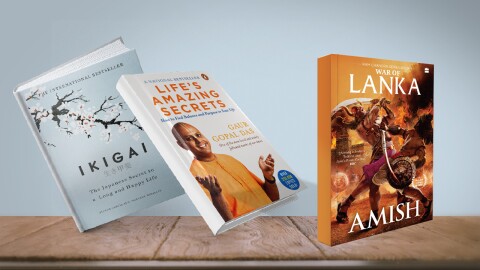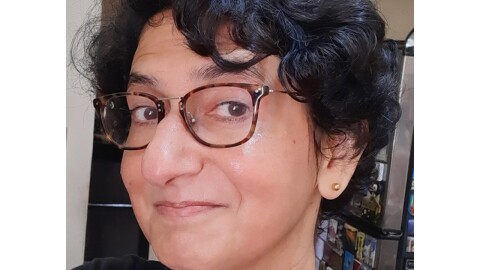Mistakes often happen when the smooth-flowing thoughts of a leader get upset. The mistake is instantly followed by utter confusion and loss of orientation. It begins with a person losing confidence in oneself and ends with him or her desperately hunting for a scapegoat to pass on the guilt, thus conveniently transferring the blame. By shrugging off the responsibility of one’s own mistake, a leader is committing a grave error. For mistakes when not handled maturely are remembered as drawbacks by the entire team for years to come. But if embraced responsibly, mistakes can turn into hallmarks of good leadership. A leader making a mistake does not imply a lack of intelligence but a lack of foresight. But repeating the same mistake indicates a lack of intelligence.
It is mentioned in the Ramayana that Ayodhya’s soldiers were skilled in all kinds of weapons and military tactics, including sonic archery, yet they did not practise it. If left unscrutinised, this statement would also remain lost like countless other statements in the epic. But within this statement lies a deep lesson in leadership.
Dasaratha, in his youth, went on hunting expeditions when he loved using the powerful method of sonic archery as often as possible. Sonic archery referred to the art of shooting arrows without seeing the object but rather relying on hearing the object’s movements. On one such hunting expedition, he was looking for an opportunity to use this skill when he heard a sound much like the muffled roar of a tiger or an elephant drinking water from a river. He shot an eager arrow in that direction.
Acting without seeing the reality is a sign of overconfidence. Little did he realise that the sound was that of a pot being dunked into the river; an eager-to-serve son was filling water for his thirsty parents. The expert archer’s arrow hit its mark followed by a blood-curdling, agonising scream! It was the dying boy’s cry of despair and misery. Almost simultaneously, reverberating through the forest was Dasaratha’s scream, a scream emanating from sheer guilt! Dasaratha’s pain was probably more excruciating than the pain the arrow caused the boy. The pain of guilt is the toughest to deal with.
The boy was the only child of his old, blind and invalid parents. His life was dedicated to serving them, and they lived a life of gratitude, dependent on their son. Even as he was dying this very moment, further down the banks, the old couple was waiting with parched throats for their son to bring them some water. As the boy began to inch closer to death, his pain became more excruciating at the thought of who would look after his parents after he was no more. No sooner than he told Dasaratha about his concern, he passed away. A heavy-hearted Dasaratha carried water in that pot to the eagerly waiting, ill-fated parents. He had to acknowledge the error in his judgement.
When the old couple heard the rustle of footsteps of a stranger and not their son’s approach them, inexplicable fear gripped them. When Dasaratha told the couple of his dreadful mistake, their wounded hearts let out a curse: Dasaratha, too, would die of the pain of separation from his son. Dasaratha fell at their feet, begging for forgiveness. Alas, those were the old parents’ last words before they joined their son in the pyre.
One begs forgiveness for a mistake one commits. It is extremely important to think before making a mistake. Passion makes reasoning difficult. Dasaratha’s passion for hunting made him overconfident; before shooting the arrow, he did not use reason.
Now that the consequences of his action were awaiting him, he resorted to reasoning. If we allow our passion to prevail over our reason, we are in for a curse instead of a blessing. A despondent Dasaratha returned to Ayodhya. He had learnt a very important lesson: never to let passion prevail over reason. He vowed that day never to practise sonic archery, lest it bring upon him another painful curse. He banned the practice of sonic archery in Ayodhya.
Leaders should learn to accept mistakes. By taking ownership of your mistake, you reward yourself and your dependents with hope. To lament one’s mistake is important, but it is far more important to learn from that mistake. To make mistakes does not imply lack of intelligence but a lack of foresight. Not repeating mistakes is a sign of intelligence. Real leaders are enriched, inspired by their mistakes.
Exemplary leaders admit mistakes, learn from them, and move on.
DASARATHA’S LEARNING CHECKLIST
Accepting responsibility makes learning possible.
You can’t change mistakes, but you can choose how to respond to them.
Growth starts when you can see room for improvement.
Work to understand why it happened and what the factors were.
Were there alternatives you should have considered but did not?
What kinds of changes would be required to avoid making this mistake again?
How do you think you should behave if you were in a similar situation again?












